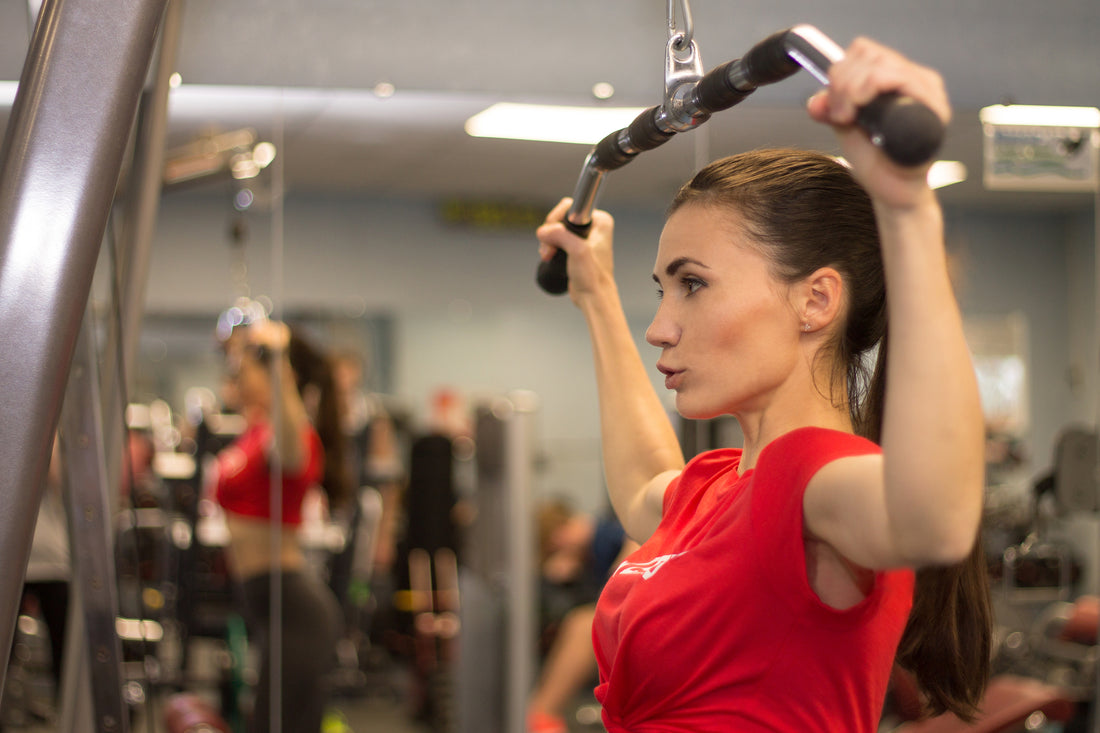
Embarking on a fitness journey is an exciting venture, filled with new challenges and rewards. For those who are just beginning to work out, understanding the physical and physiological changes your body will undergo is crucial. This knowledge not only prepares you mentally but also helps in effectively managing and adapting to these changes.
Fatigue
Initially, one of the most common experiences when starting a workout routine is fatigue. Your body, unaccustomed to the new level of physical activity, may feel more tired than usual. This is a normal response as your muscles and cardiovascular system are adapting to the increased demands. It’s important to listen to your body during this phase. Rest and recovery are as vital as the workout itself. Balancing exercise with adequate sleep and relaxation techniques can greatly aid in managing fatigue. Fatigue diminishes as your body becomes more conditioned and accustomed to the new routine.
Muscle Soreness
Muscle soreness is another hallmark of starting a new workout regimen. Often peaking a day or two after a workout, this soreness is referred to as delayed onset muscle soreness (DOMS). It's a natural response to the stress placed on muscles that are not yet used to being exercised. While this can be uncomfortable, it's a sign that your muscles are adapting and strengthening. To alleviate the discomfort, consider using essential oils in aromatherapy, which can help reduce pain. Additionally, incorporating activities like stretching, light exercise, and proper hydration can aid in reducing soreness and improving muscle recovery.
Hunger
A new workout routine can also lead to increased hunger. This is your body signaling for more energy to fuel the increased activity. It's important to respond to this change by adjusting your diet accordingly. Incorporating a balanced diet, rich in proteins, carbohydrates, and healthy fats is crucial. This doesn’t just satisfy hunger but also provides the necessary nutrients for muscle repair and energy. Pay attention to your body's hunger cues and ensure you're eating enough to support your workout regimen. A well-balanced diet is a key component in achieving and maintaining your fitness goals.
Starting a workout routine brings about various changes and challenges. Understanding and accepting these changes, like fatigue, muscle soreness, and increased hunger, is crucial in your fitness journey. Managing these effectively ensures not just a smoother transition into a more active lifestyle, but also paves the way for sustainable and enjoyable fitness experiences. Every journey begins with a single step, and every workout brings you closer to your health and fitness goals.
Did you enjoy this article? You might also like: Health Conditions That Should Shift How You Work Out



